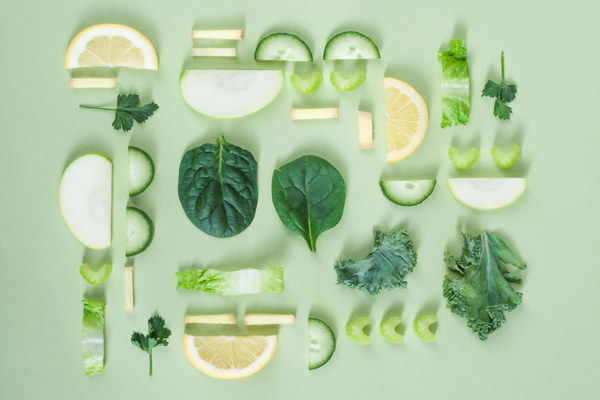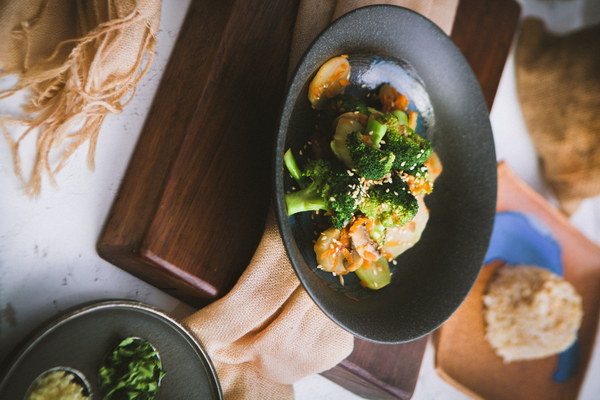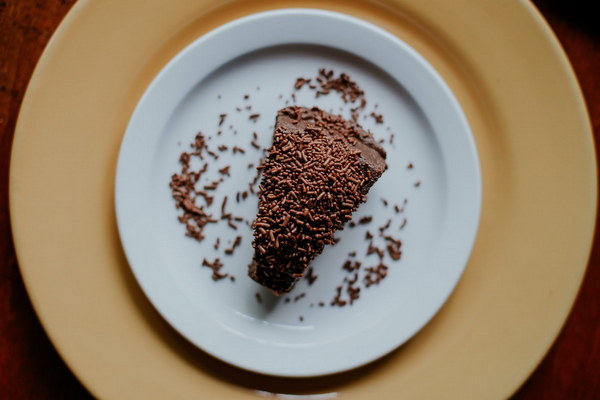Reviving Yin and Tonifying Kidney Exploring Traditional Chinese Medicines for Balancing the Kidney Yin Deficiency
In the realm of traditional Chinese medicine (TCM), the concept of Yin and Yang plays a crucial role in maintaining a balanced and harmonious body. One common imbalance is the deficiency of kidney Yin, which can lead to a variety of symptoms and conditions. This article delves into the world of TCM and explores the herbal remedies that help in warming and tonifying kidney Yin, thus promoting overall health and well-being.
Kidney Yin Deficiency is a condition where there is an imbalance of Yin energy in the kidneys, resulting in symptoms such as fatigue, low back pain, dizziness, hot flashes, night sweats, and insomnia. The primary goal of treating kidney Yin deficiency is to nourish and replenish Yin energy, and to restore the balance of the body.
To address this imbalance, TCM utilizes a variety of herbs and herbal formulas that have been used for centuries. Here are some of the most popular and effective TCM remedies for warming and tonifying kidney Yin:
1. Rehmannia (Shu Di Huang): This is one of the most commonly used herbs in TCM for kidney Yin deficiency. It is known for its ability to nourish and replenish Yin energy, as well as to tonify the kidneys and blood. Rehmannia is often combined with other herbs to create a synergistic effect.
2. Cistanche (Cistanche Deserticola): Cistanche is a well-known herbal remedy that has been used for centuries to tonify the kidneys and enhance vitality. It is particularly beneficial for those with kidney Yin deficiency, as it helps to nourish the kidneys and replenish Yin energy.
3. Cornelian Cherry (Dogwood Bark): Cornelian cherry is another herb that is commonly used in TCM for kidney Yin deficiency. It has a cooling property that helps to nourish Yin energy and reduce heat in the body. It is often used in conjunction with other herbs to balance the body's Yin and Yang.
4. Schisandra (Schisandra Chinensis): Schisandra is a versatile herb that is known for its ability to tonify all three yin organs: liver, kidney, and lungs. It helps to nourish and replenish Yin energy, and is also beneficial for those with kidney Yin deficiency.
5. Eucommia (Eucommia Ulmoides): Eucommia is a traditional Chinese herb that is widely used for its ability to tonify the kidneys and strengthen the bones. It is particularly effective in treating kidney Yin deficiency, as it helps to nourish Yin energy and enhance vitality.
In addition to these individual herbs, there are several herbal formulas that have been formulated specifically for kidney Yin deficiency. Some of the most popular include:

- Liu Wei Di Huang Wan: This formula combines the benefits of Rehmannia, Alisma, and other herbs to nourish and replenish Yin energy in the kidneys.
- Si Miao Wan: This formula is designed to tonify the kidneys, nourish Yin energy, and alleviate symptoms such as dizziness, fatigue, and night sweats.
- Bu Gu Zhi Wan: This formula combines Bu Gu Zhi, Rehmannia, and other herbs to tonify the kidneys, nourish Yin energy, and enhance vitality.
It is important to note that while these herbal remedies can be effective for treating kidney Yin deficiency, they should be used under the guidance of a qualified TCM practitioner. TCM is a holistic approach to healthcare that takes into account the individual's unique constitution and imbalances. A TCM practitioner will tailor the treatment plan to the individual's specific needs, ensuring the most effective and safe treatment possible.
In conclusion, the warming and tonifying of kidney Yin is an essential aspect of TCM for addressing the imbalance of Yin energy in the kidneys. By exploring the various herbal remedies and formulas available, individuals can take a natural and holistic approach to restoring balance and promoting overall health and well-being.









